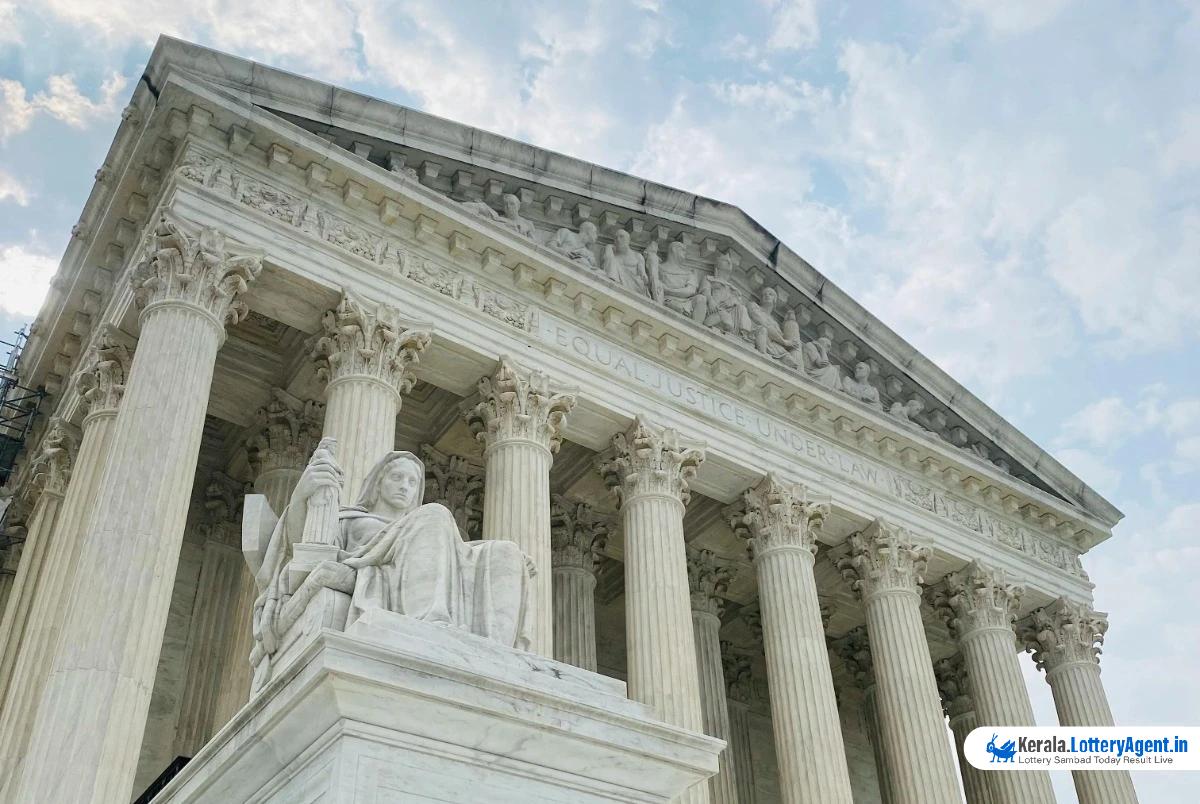
In a definitive move, West Flagler and Associates (WFA) approached the U.S. Supreme Court through a writ of certiorari in April, seeking clarity and intervention in their ongoing dispute over sports betting rights in Florida. However, in a substantive response, the Department of Justice (DoJ), representing the Department of the Interior (DoI), has adamantly stated that the dispute should not command the attention of the nation’s highest court.
The hot-button issue revolves around the legality of a 2021 compact between the Seminole Tribe and the State of Florida which was allowed to be “deemed approved” by the DoI. This contentious agreement granted the Seminoles exclusivity over online sports betting within the state, sparking debates over its adherence to federal and state regulations.
The DoJ’s legal team has outlined their position unequivocally, arguing that the federal government’s role is limited to ensuring tribal compacts do not violate the Indian Gaming Regulatory Act (IGRA), other federal laws, or trust obligations to tribes. The core of their argument posits that the substance of a tribal-state compact, as defined in the IGRA, should be left to the agreement of the tribe and the state involved.
Despite the case having landed in federal court, there is a general consensus among the involved parties that the crux of the matter is one of states’ rights. The legal conundrum was exacerbated when Florida’s voters passed Amendment 3 in 2018, requiring that any expansion of gaming activities in the state be subject to voter approval. Yet, the 2021 compact was sealed by Governor Ron DeSantis and later ratified by state legislators without direct electoral input, effectively bypassing the amendment. This raises the question of the courts’ ability to deliberate on potential state law violations.
Initially, the federal district court sided with WFA, condemning the DoI’s actions as overreaching by sanctioning the compact. However, this decision was soon overturned on appeal. Supreme Court Justice Brett Kavanaugh further intimated that such disputes may not be within the purview of federal courts. While WFA did attempt to escalate the matter to Florida’s Supreme Court, this motion was declined last autumn. WFA opted to bypass the lower state courts, an avenue that remains open.
The disputed compact envelops not only digital wagering but also extends to dice and ball games at the Seminoles’ retail casinos. A surprise launch of the Seminoles’ Hard Rock Bet platform took place on November 7, 2023, with the roll-out of in-person sports betting and other games following soon after. A nuanced aspect of the compact dictates that any wager placed in Florida but routed through a tribal server is considered to be made on Indian land, a provision that underpins the Seminoles’ right to offer digital sports betting under current state law.
The DoJ’s reasoning also extends to other federal laws such as the Unlawful Internet Gambling Enforcement Act (UIGEA) and principles of equal protection. In their view, no UIGEA violations have occurred, and WFA’s contentions regarding equal protection do not carry weight due to their reliance on flawed premises.
In the end, the Department of Justice contends that the Supreme Court, traditionally a judicial body of review rather than first instance, should not be presenting its opinion on matters that have not been pressed or passed upon by lower courts.
Now the world awaits the Supreme Court’s decision on whether to consider the case. Given the historical data, the odds of being granted a hearing remain low, as only a fraction of the thousands of cases filed each year achieve this milestone.
This legal tussle over sports betting brings to light wider debates on states’ rights, tribal sovereignties, and federal oversight, with significant implications for the gaming industry, state governance, and the rights of voters in Florida. With every legal twist, the stake holders – the state, the Seminoles, bettors, and legislators – brace themselves for the next move in what has become a high-stakes game of judicial poker.












